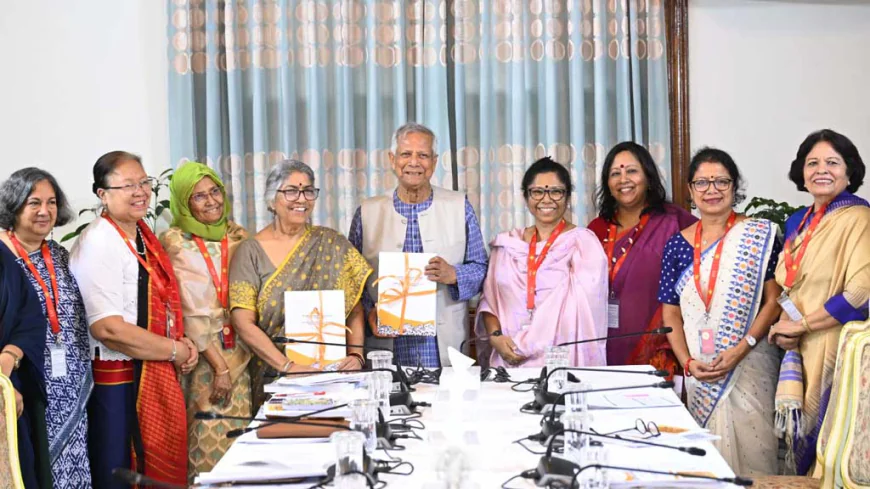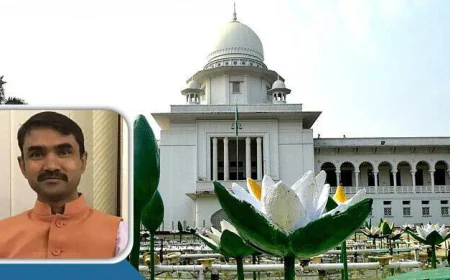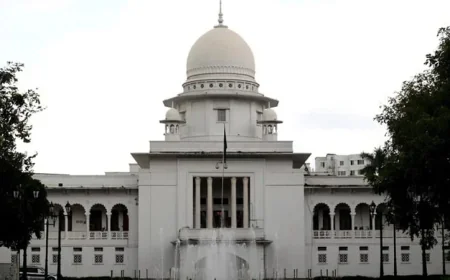HC Dismisses Challenge to Women's Reform Proposals

The High Court has dismissed a writ petition challenging the validity of several recommendations made by the Women’s Affairs Reform Commission in its report.
The panel of Justice Fatema Najib and Justice Sikder Mahmudur Razi issued the order on Monday.
The court noted that the matter was "premature" as the commission’s recommendations had not yet been implemented by the government. As such, the petition was dismissed.
The writ petition was filed on May 4 by Supreme Court lawyer Rowshan Ali. It sought a stay order to prevent the implementation of several recommendations proposed in the commission’s report.
The petition also requested that the court form an expert committee comprising constitutional scholars, Islamic jurists, and representatives from civil society to review and advise on any future reforms relating to religious or family law.
Highlighting the proposal in Chapter 11 of the commission’s report recommending equal inheritance rights for men and women, the petition contended that this contradicted the teachings of the Quran, specifically Surah An-Nisa.
The report also proposed banning polygamy. The writ petition argued that polygamy is permitted under Islamic Sharia, and therefore, the commission’s recommendation violated Article 41 of the Constitution, which guarantees the right to religious practice.
“By blindly supporting slogans like ‘My body, my choice’, the report attempts to override Sharia-based ethical boundaries,” the petition said.
It objected to a proposal recognising sex work as a legal profession, claiming such a move contradicts Islamic values and violates Articles 2A and 26 of the Constitution.
The petitioner also criticised the language used in the report regarding gender identity and transgender issues, calling it “inconsistent with Sharia and in conflict with religious beliefs”.
“Several of the report’s recommendations directly conflict with Islamic Sharia, our Constitution, and the moral values of the devout Muslim population of the country. This writ petition is not directed at any individual or group. It is a legal step taken to safeguard religious values, constitutional balance, and social harmony.”
The interim government formed the Women’s Reform Commission in November 2024 and it began its work in December. Its original term was until Apr 30, but despite opposition from various groups, the commission’s tenure was extended to May 31.
On Apr 19, the commission submitted its report to Chief Advisor Muhammad Yunus. The 318-page report included 433 recommendations.
Since the submission of the report, religious political parties have voiced strong opposition. The conservative Islamist group Hifazat-e Islam has demanded the commission’s dissolution, while Jamaat-e-Islami has rejected the report outright.
Hifazat’s objections centre primarily on the commission’s observations and proposals concerning Islamic inheritance and family law.
Jamaat described some of the recommendations as “immoral”, claiming they would lead to social instability. The youth-led National Citizen Party (NCP) also criticised the report, arguing that the recommendations failed to ensure inclusive representation of women from all sections of society.
















































